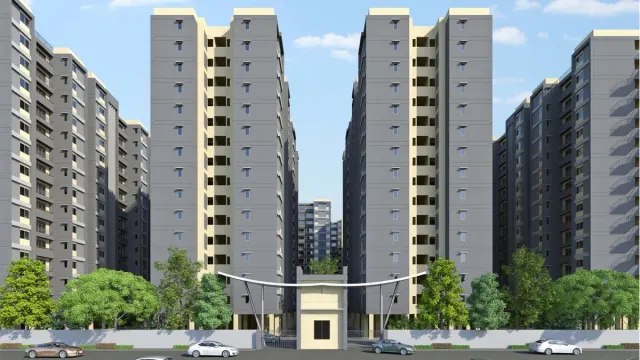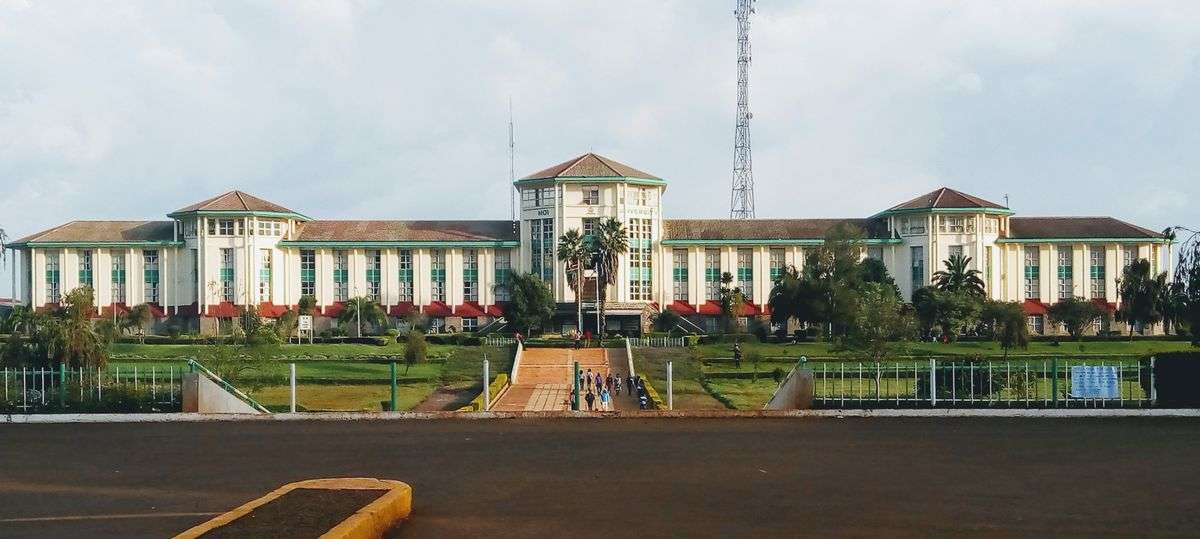The Central Bank of Kenya (CBK) has been forced to hike the average lending rate from 7.5% to 8.25% by elevated pressure from inflation. This ultimately means that Kenyan borrowers will have to incur a higher cost of loans.
The Central Bank Monetary Policy Committee says the 0.75% increase in the cost of loans is geared towards cushioning against increased inflation risks both globally and locally. Kenyan consumers are said to have endured the sharpest rise in the cost of living in more than five years in August when inflation rose to a 62-month high of 8.5%, amid a failed maize flour subsidy, rising fuel costs and a weakening shilling.
“Overall inflation is expected to remain elevated in the near term, due in part to the scaling down of the government price support measures, resulting in increases in fuel and electricity prices, the impact of tax measures in the 2022/23 budget and global inflationary pressures,” the CBK said in its post-Monetary Policy Committee press release.
“The Committee noted the sustained inflationary pressures, the elevated global risks and their potential impact on the domestic economy and concluded that there was scope for a tightening of monetary policy to further anchor inflation expectations.”
The tightening of liquidity is, however, expected to hurt access to credit for individuals and companies. Data from the Central Bank of Kenya shows the average commercial bank lending rate moved from 12.22% in May to 12.35% in July to mirror the cost of borrowing.
Story By Lavin Atieno





